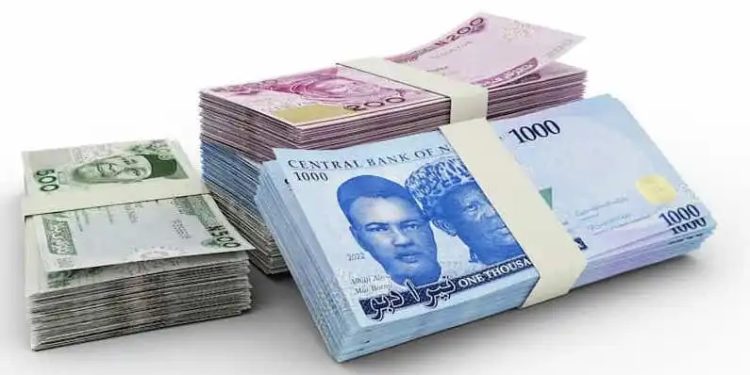The naira experienced a sharp depreciation on Monday, dropping 2.31% to 1690.37/$ at the National Autonomous Foreign Exchange Market (NAFEM), down from the previous week’s close of 1652.25/$. This decline comes amidst a significant reduction in dollar supply, with daily turnover falling by 42% to $173.14 million from Friday’s $296.63 million, according to FMDQ data.
On the parallel market, however, the naira showed slight strength, closing at 1,735 to the dollar, an improvement from 1,740 in the prior trading session. Despite these fluctuations, the average turnover in the NAFEM segment increased substantially, gaining 154.6% week-on-week to reach $527.5 million.
Foreign Reserves and Broader Challenges
Nigeria’s foreign reserves saw a modest 0.5% increase over the past week, standing at $40.2 billion as of November 13 the highest level since January 2022. However, ongoing challenges in meeting crude oil production targets and a volatile macroeconomic environment continue to strain the naira.
Veriv Africa, a data insights firm, predicts continued volatility in Nigeria’s exchange rate through 2025. Factors such as poor crude oil output, high inflation, and limited foreign exchange inflow have compounded the naira’s struggles, leaving little room for appreciation in the near term.
Policy Recommendations
The report by Veriv Africa highlighted the Central Bank of Nigeria’s (CBN) hawkish stance on monetary policy as insufficient to curb inflation, attributing persistent price increases to structural supply-side issues. It called for a reassessment of monetary policy, suggesting supply-side strategies to boost productivity, control inflation sustainably, and foster economic growth.
Additionally, Veriv Africa recommended enhancing the non-oil sector by improving quality assurance, testing infrastructure, affordable energy access for manufacturers, and transport and storage facilities. Export promotion efforts in key markets were also emphasized as critical to diversifying Nigeria’s economic base and stabilizing the naira.
As Nigeria continues to face economic headwinds, addressing these structural challenges will be essential to achieving long-term currency stability and economic growth.










